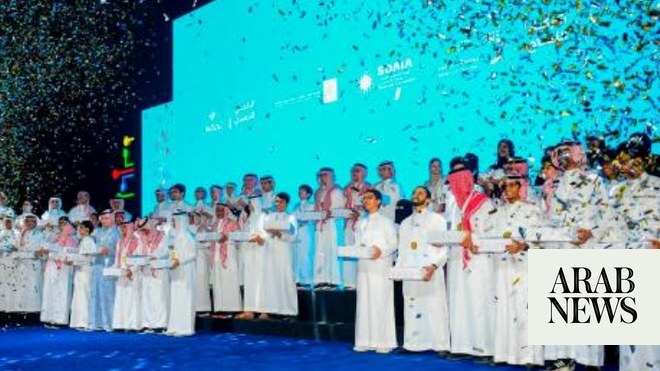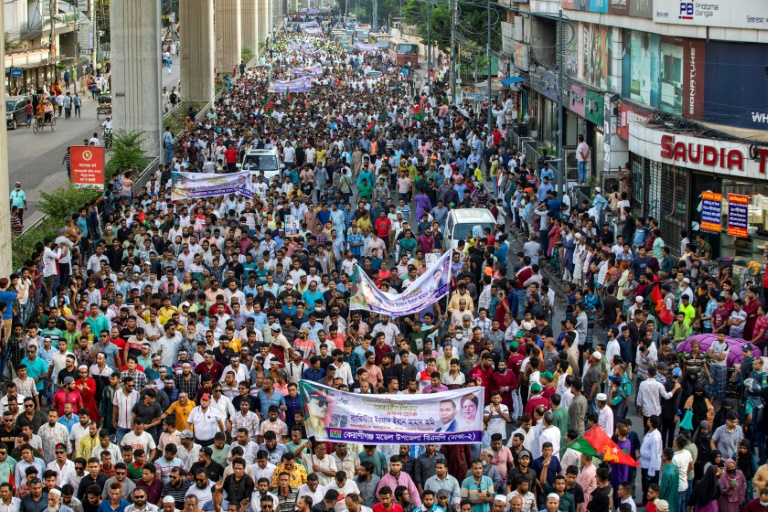RIYADH: Around 1,000 leaders from 92 countries will convene in Riyadh for the World Economic Forum’s Special Meeting on Global Collaboration, Growth and Energy for Development on Sunday and Monday.
Building on the inaugural Growth Summit in Switzerland last year, the Riyadh meeting will, according to the WEF, “promote forward-thinking approaches to interconnected crises, while remaining realistic about shorter-term trade-offs” and “work to bridge the growing North-South divide on issues such as emerging economic policies, the energy transition and geopolitical shocks.”
Børge Brende, WEF’s President said in a press release: “With geopolitical tensions and socio-economic disparities deepening divides globally, international collaboration and purposeful dialogue has never been more urgent.”
The special meeting, held under the patronage of Crown Prince Mohammed bin Salman, provides an opportunity for leaders, according to Brende, to “turn ideas into action and unlock scalable solutions to the many interconnected challenges being faced.”
Saudi Economy and Planning Minister Faisal Al-Ibrahim said in the release: “At this global inflection point, revitalizing international collaboration has never been more important. In Saudi Arabia, the World Economic Forum has chosen an established and dynamic global platform for thought leadership, solutions and action, as the host of a critical meeting at such a critical moment.
“We are working to ensure that progress for one part of the world does not come at the expense of another. And we are committed to meeting this moment with a determination to co-author a shared future that is secure, stable and sustainable,” he continued.
The event’s three themes are: ‘A Compact for Inclusive Growth,’ ‘Catalyzing Action on Energy for Development,’ and ‘Revitalizing Global Collaboration.’
Participants will include Mishal Al-Ahmad Al-Jaber Al-Sabah, the Emir of Kuwait; Egyptian Prime Minister Mostafa Kamal Madbouly; Iraqi Prime Minister Mohammed Shia Al-Sudani; Bisher Al-Khasawneh, Jordan’s Prime Minister; Malaysian PM Anwar Ibrahim, Pakistani PM Shehbaz Sharif; Palestinian president Mahmoud Abbas; Qatari PM Mohammed Bin Abdulrahman Al-Thani; US Secretary of State Antony Blinken; Josep Borrell, High Representative of the European Union for Foreign Affairs and Security Policy; Stéphane Séjourné, French minister for Europe and foreign affairs; Annalena Baerbock, Germany’s federal minister of foreign affairs; David Cameron, UK secretary of state for foreign, Commonwealth and development affairs; Kristalina Georgieva, managing director of the International Monetary Fund; UN Senior Humanitarian and Reconstruction Coordinator for Gaza Sigrid Kaag; and World Health Organization Director-General Tedros Adhanom Ghebreyesus.







